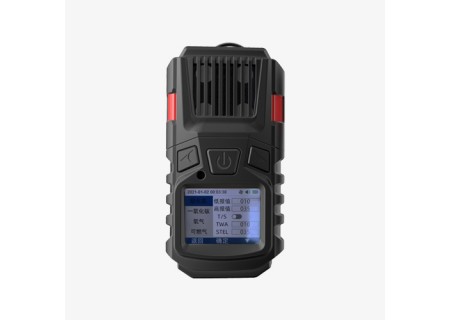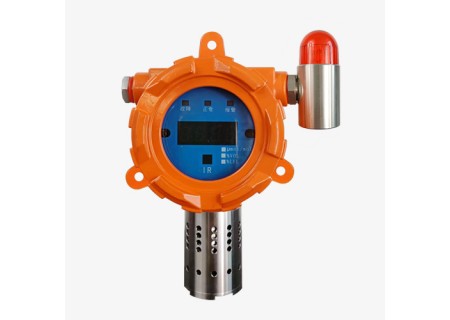Medical o2 sensor-Application of oxygen sensor in medical industry

Oxygen sensor is an important technology in the medical industry and is a type of gas sensor. They are designed to measure oxygen concentration in gases or liquids and provide accurate readings of oxygen levels. Oxygen sensors are used in a variety of medical applications, from monitoring oxygen levels during surgery to tracking oxygen levels in patients with respiratory conditions. In this article, we will discuss the various applications of oxygen sensors in the medical industry.
One of the most common applications of oxygen sensors in the medical industry is in anesthesia machines. An anesthesia machine is used to keep the patient unconscious and pain-free during surgery. During surgery, it is important to monitor the patient's oxygen levels to ensure they are getting enough oxygen. Oxygen sensors are used to monitor the oxygen concentration in a patient's breathing circuit and provide an accurate reading of the patient's oxygen level.
Another application of oxygen sensors in the medical industry is in ventilators. Ventilators are used to help patients breathe when they cannot breathe on their own. Oxygen sensors are used to monitor oxygen levels in the patient's exhaled air and adjust the amount of oxygen delivered by the ventilator to maintain required oxygen levels. This is especially important for patients with respiratory conditions such as chronic obstructive pulmonary disease (COPD) or asthma.
Oxygen sensors are also used in oxygen concentrators. Oxygen concentrators are used to provide supplemental oxygen to patients with respiratory conditions who have difficulty breathing. Oxygen sensors are used to monitor oxygen levels in the patient's blood and regulate the flow of oxygen in the concentrator to maintain required oxygen levels. This is important for patients with respiratory conditions, such as COPD, who may require continuous supplemental oxygen.
In addition to these applications, oxygen sensors are also used in medical research. Researchers use oxygen sensors to monitor oxygen levels in tissue samples and study the effects of oxygen on cell function. Oxygen sensors are also used in cardiovascular disease and cancer research, where they can provide important information about oxygen levels in affected tissues.
Oxygen sensors are also used in sports medicine to monitor oxygen levels in athletes during training and competition. Oxygen sensors can provide valuable information about an athlete's aerobic capacity and help coaches and trainers design training programs tailored to an athlete's individual needs.
Overall, oxygen sensors play a vital role in the medical industry. They are used in a variety of applications, from monitoring oxygen levels during surgery to tracking oxygen levels in patients with respiratory conditions. Oxygen sensors provide accurate oxygen level readings, which are critical to ensuring patient health and safety. As technology continues to advance, we can expect more applications of oxygen sensors in the medical industry in the coming years.









-450x320.jpg)

